Magical Maths
Laying the foundations for the magic of mathematics.
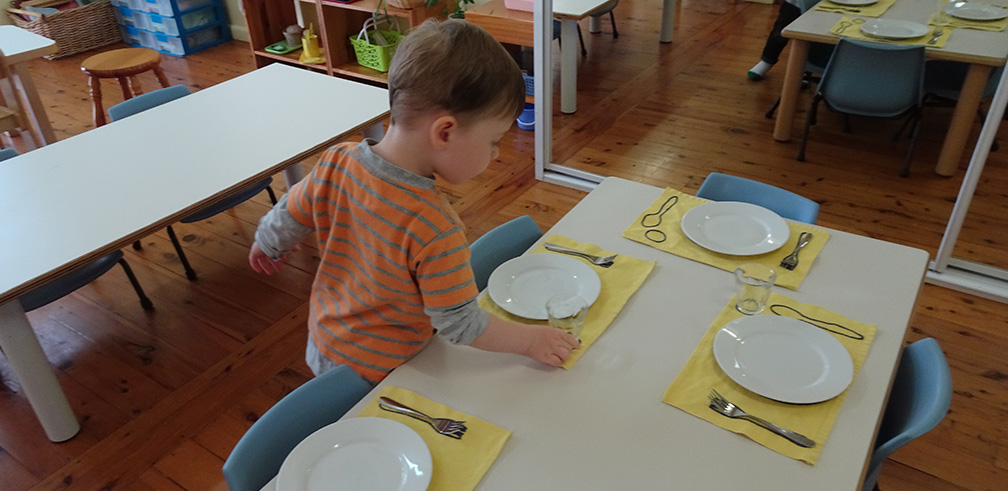
Mairi Baker, Director Birth-3 Environment
From birth, children are actively engaging with their world to enable them to acquire fundamental concepts and learn basic processing skills. Children absorb mathematical concepts from observing and interacting with the environment.
Their senses are primed to investigate and make sense of the world by engaging with it. Experiences absorbed through seeing, hearing and feeling help the child to form fundamental concepts that lay the foundations for all later learning.
These concepts are banked or systematically filed away with children drawing on them to test, problem solve, reinforce and grow their understanding of the concept when they encounter similar experiences.
Play and practical life experiences, both indoors and out, provide opportunities for children to investigate, formulate and challenge their understanding of concepts around counting, one to one correspondence, classifying, estimating, measuring, volume, weight, shape, patterns, whole and parts.
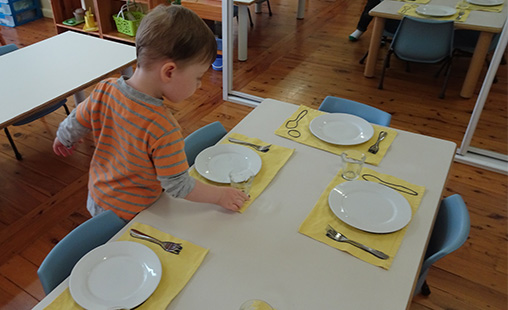
A family or community meal offers many mathematically based experiences. Table setting offers opportunities for matching and the mathematical concept of one-to-one correspondence… literally laying down the concept of number and value.
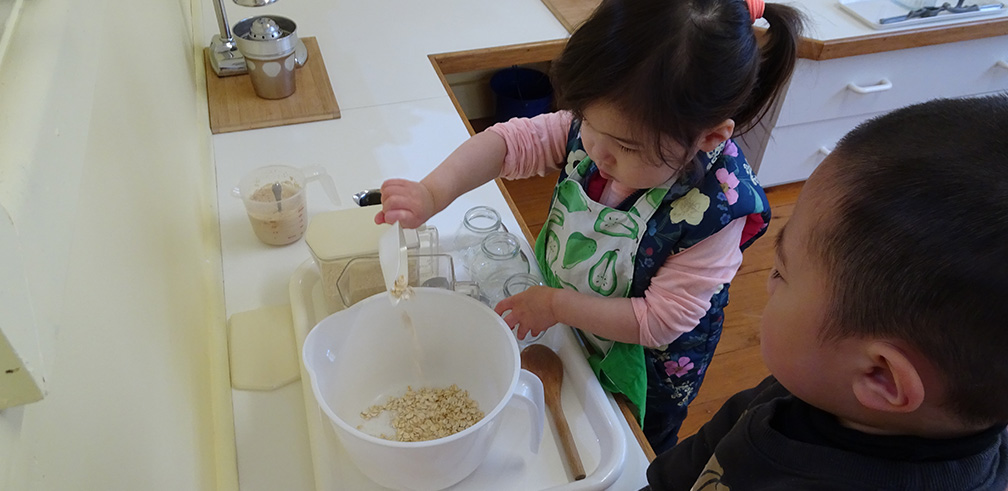
Care with measurement can make all the difference to the outcome of baking.
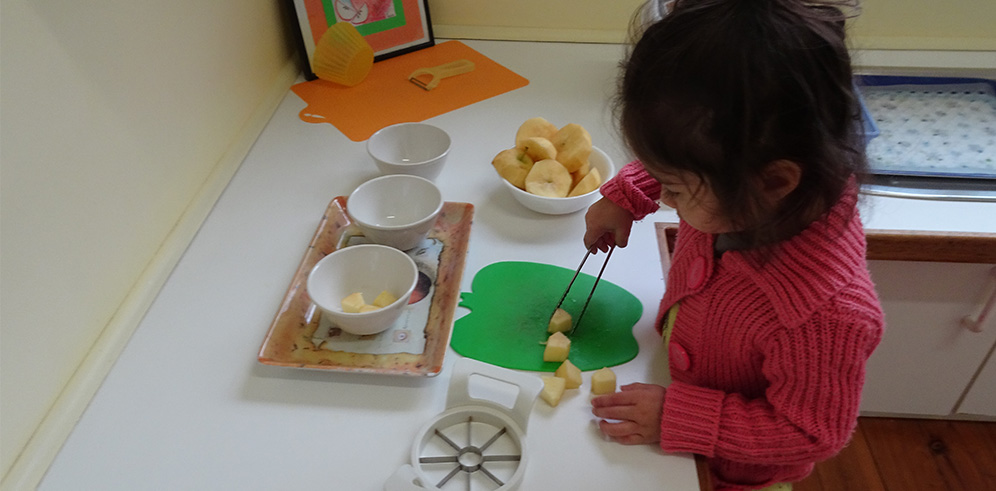
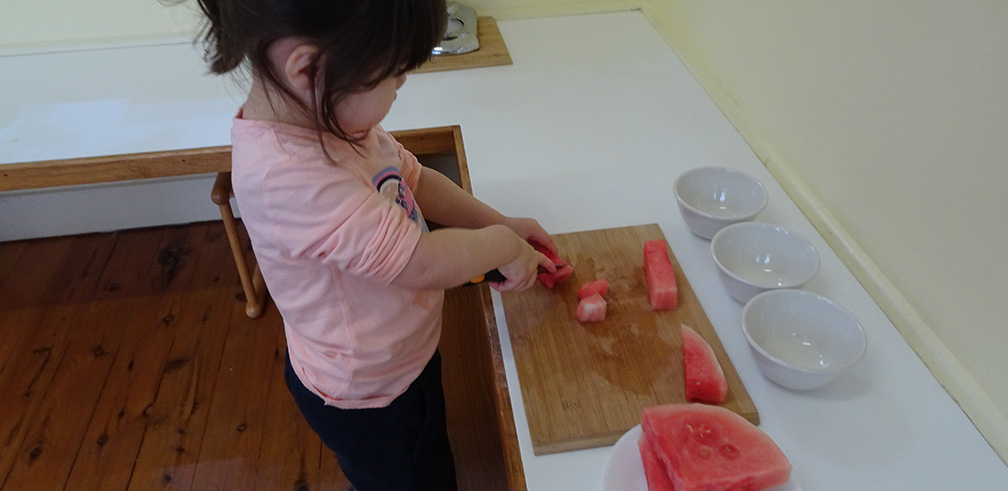
A whole can be broken down into parts.
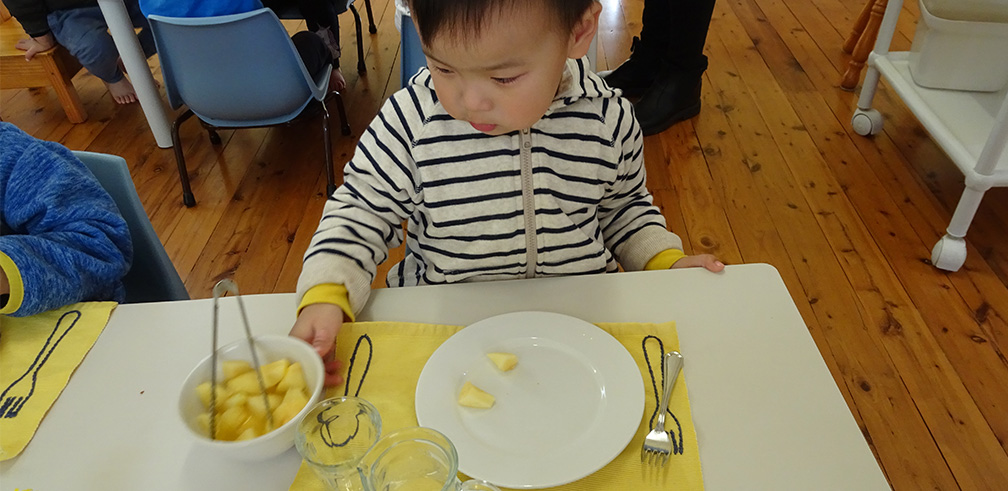
A portion can be gracefully divided between many people and a practical lesson in volume is learned when water is poured from a jug into a much smaller glass.
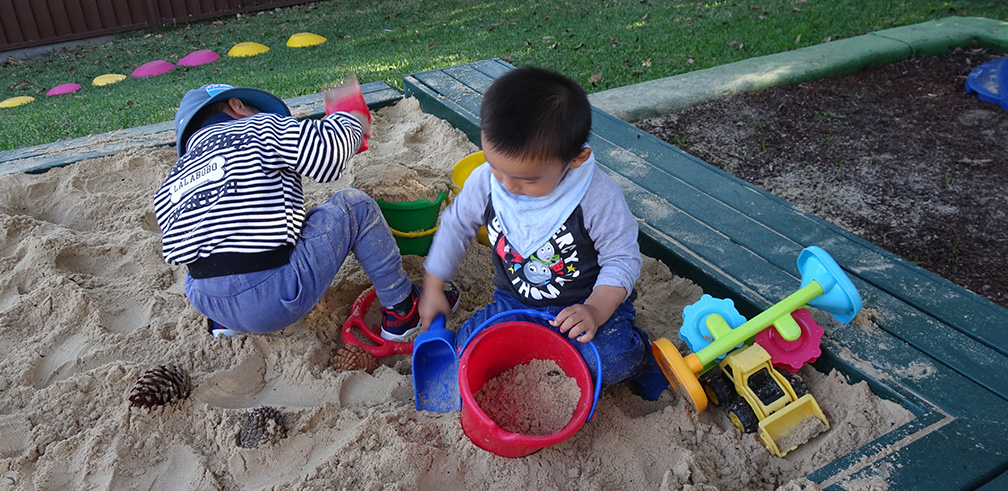
Digging in the sandpit or garden provides the opportunity to experience the difference between a solid and a void and learn that if you take something away from one place it doesn’t disappear but ends up in another place – hands on addition and subtraction.
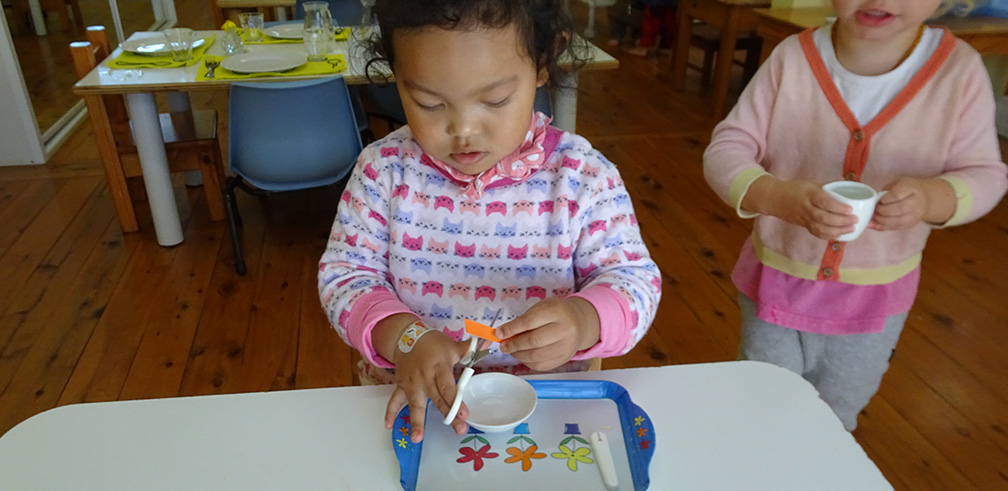
Cutting a strip of paper makes the strip visibly smaller and produces many smaller pieces. Water added to a watering can or jug makes it heavier, pour it out and it becomes lighter.
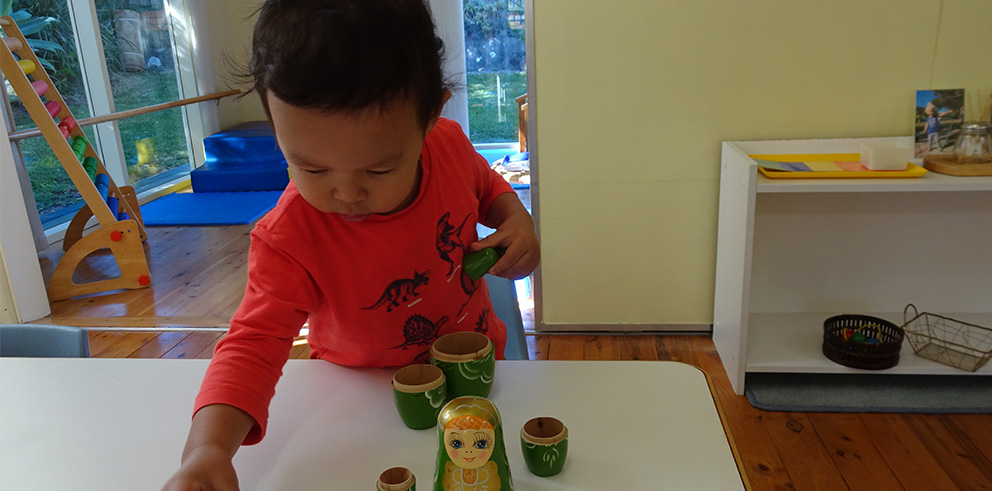
Size and shape matter when it comes to completing puzzles, placing objects into containers or packaging.
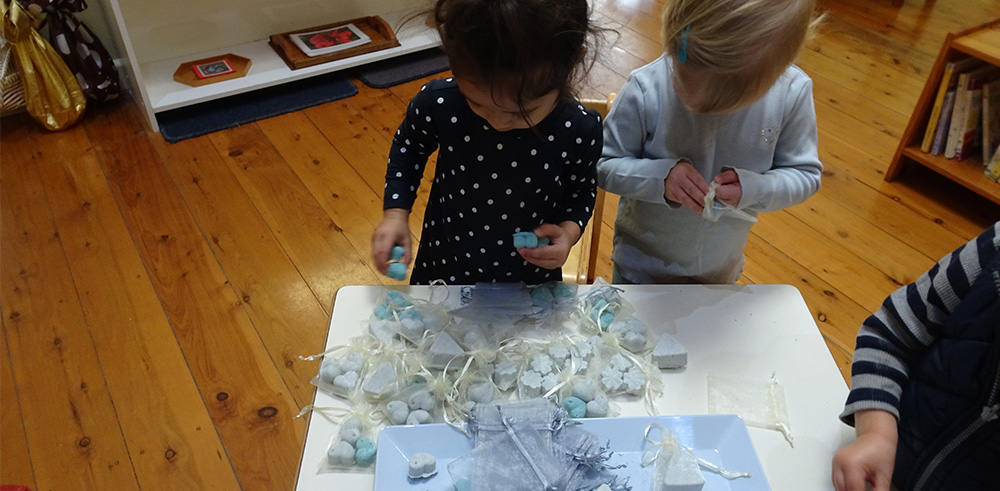
The everyday, mathematically based interactions experienced by children in their first years of life may not seem noteworthy on their own, but the accumulation of experiences provide the child with an internalised understanding of the fundamental principles of mathematical logic. Charles Caleb Colton said: “The study of mathematics, like the Nile, begins in minuteness but ends in magnificence.”
